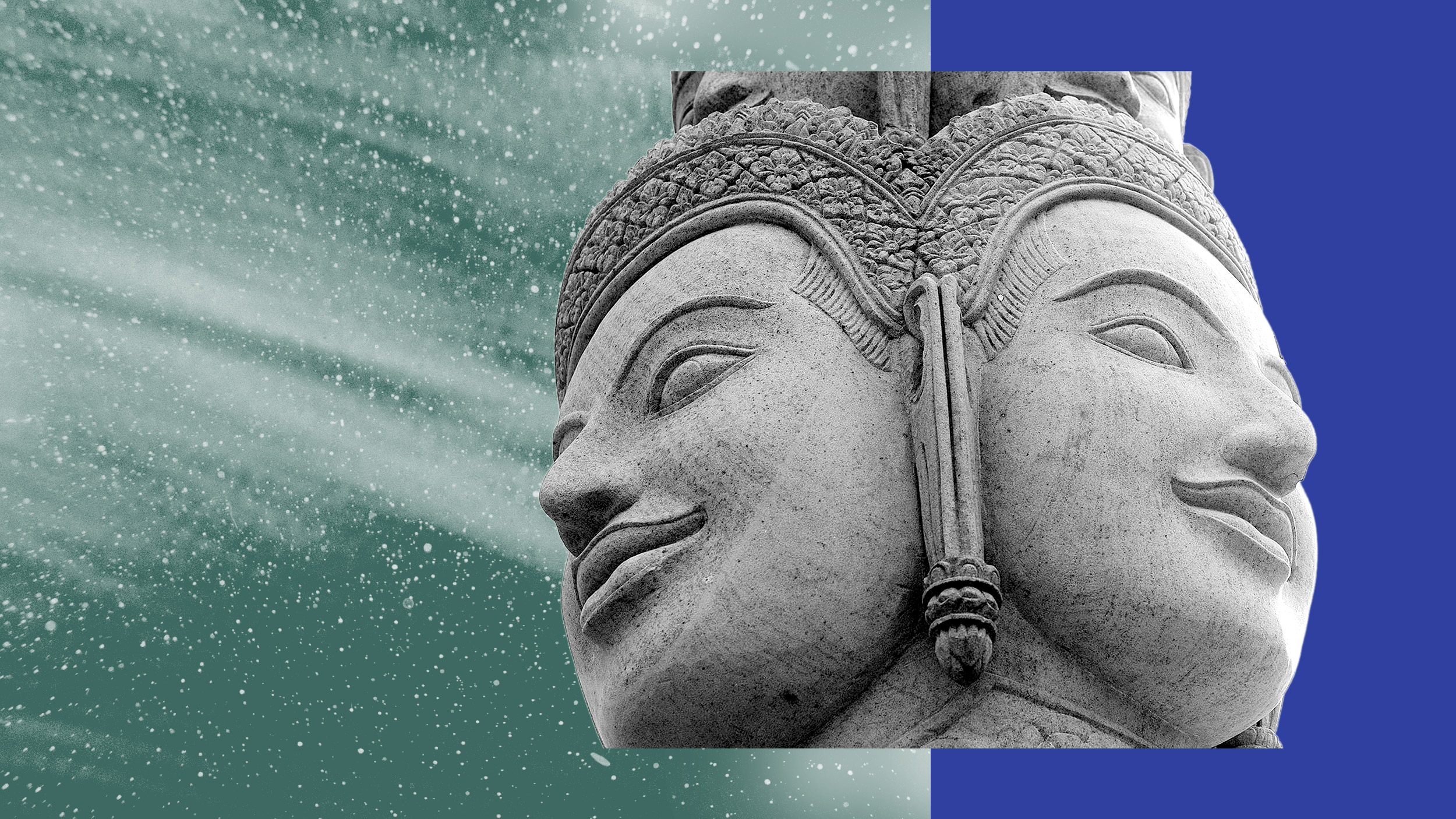Is religion helping or hurting us?
Believers and non-believers alike agree on at least one thing: religion has had a tremendous influence on the history of humanity. But they generally disagree on everything else. Has religion been a net benefit or net cost to society? Are believers healthier and happier than non-believers? Can religion and science get along, or are they forever at odds? What truths, if any, can we learn from religion? Does God even exist? These questions have been debated for years, some for millennia. Here, you will see what the world’s smartest thinkers have to say about them.
“…at some point we developed these present day religions which I think were sort of tacked onto the morality that we had.”
“In societies with 1,000 or several thousand or millions of people we cannot all keep an eye on each other and that’s maybe why we installed religions in these large scale societies where a god kept watch over everybody and maybe they served to codify them or to enforce them or to steer morality in a particular direction that we prefer. And so saying that morality comes from god or ‘religion gave us morality’ — for me that’s a big no-no.”

“Belief systems have flourished because they have facilitated the interests of the creatures involved.”
“Religious people are evolutionarily fitter than non-believers, not because they are protected by a deity but rather because religion is a form of adaptive evolution. Religion is so widespread because it has massive survival advantages beneath the supernatural elements.”
“Religion is really made by the brain.”
“It is a secretion of the brain and this gets us away from the issue of whether religion is true or not true.”
“Every culture has it.”
“People have endlessly speculated about the evolution of religiosity, and at least in terms of westernized religions it makes perfect sense why they’ve evolved: Because they’re wonderful mechanisms for reducing stress.”
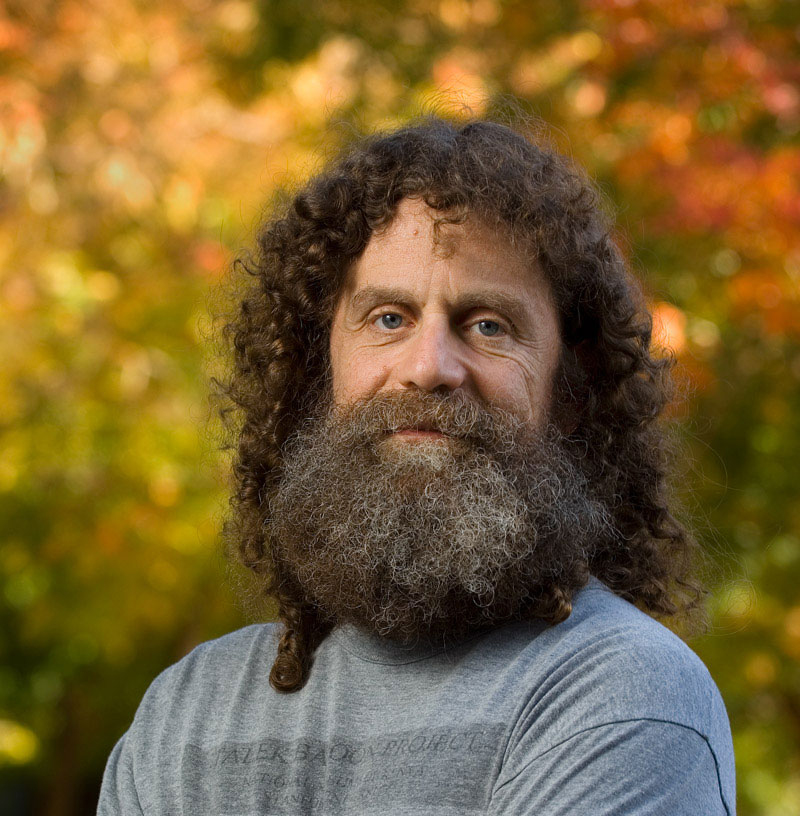
“The majority of people on this planet are religious…”
“…even though there doesn’t seem to be very good evidence for a multitude of creator gods and so on, in my view at least. And if it existed, if a creator god existed, it would be very hard for me to understand why this creator god really does care about whether I worship it or all these things that we attribute to creator gods by religion. So it’s very hard for me, in some sense, to intuitively understand why humans are religious and why humans are ideological.”

“Well what astonishes me when I read the newspaper or watch the news is how many problems are the direct result of what people believe about God.”
“I mean there are days when I open the New York Times where fully half of the stories – in a way that’s unacknowledged by the paper – relate to people’s religious convictions.”
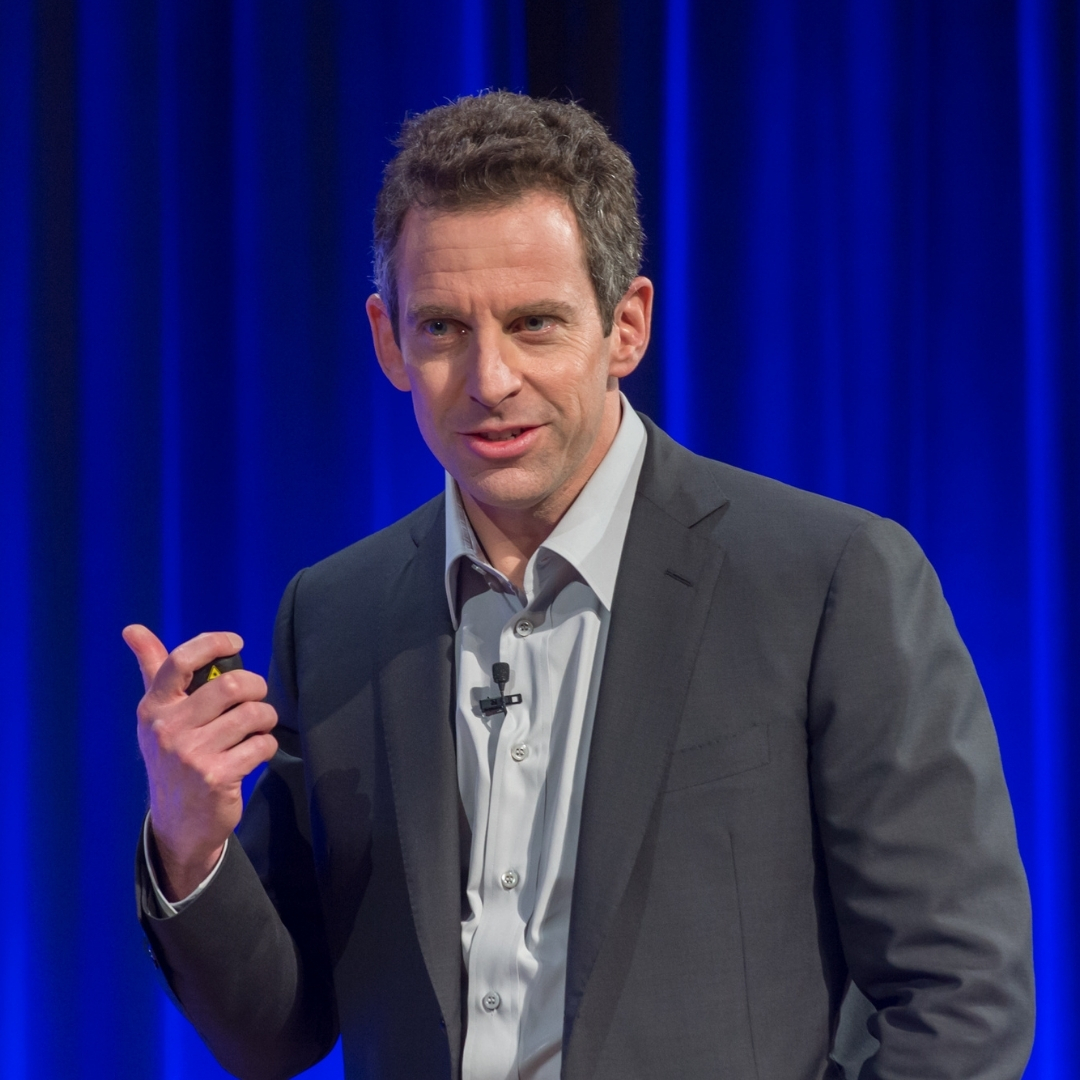
“If you believe in God then what you believe in is something that is, by definition, utterly unhuman.”
“And so the question becomes: how do you talk about that thing, how do you think about that thing, how do you form a relationship with something that is utterly unhuman? Well, the way you do so is by humanizing that thing. In fact, the entire history of human spirituality can be viewed as one long, intimately linked and remarkably cohesive narrative in which human beings increasingly humanize the divine. Until, of course, in the person of Jesus, God literally becomes a human being.”

“If one behaves, in let’s say the Christian tradition, in such a way as to gain access to heaven,…”
“…one will not actually find themselves at the pearly gates being welcomed in, but one does tend to place their descendants in a good position with respect to the community that those descendants continue to live in. So if we were to think evolutionarily, the person who is behaving so as to get into heaven has genetic interests. Those genetic interests are represented in the narrow sense by their immediate descendants and close relatives, in the larger sense they may be represented by the entire population of people from whom that individual came, and by acting so as to get into heaven, the fitness of that person, the number of copies of those genes that continue to flourish in the aftermath of that person’s death will go up. So the belief in heaven is literally false—there is no such place—but it is metaphorically true in the sense that it results in an increase in fitness.”
“And what is infuriating to me as an utter complete atheist is a very very solid literature showing the health benefits of religiosity, independent of: you tend to get a social supportive community.”
“When you’re religious you have fewer lifestyle risk factors. The mere ability to perceive causality, reason, benevolence—“Benevolence especially for people like me if I say the right combination of words and fervently believe in it”—that’s wonderfully protective and there’s health benefits to it.”
“Religions give people an important sense of community.”
“The reason, in my experience, that people my age or whatever go to church is to be with other people. At least let’s say once a week. And that is of great value. A community is of great value. But there’s nothing there that I have seen in the Bible that informs modern science. With one possible exception. There’s in some translations that I’ve read there’s reference to 22 sevenths for being the distance around a circle, the value of pi. And that’s pretty close. It doesn’t go past three digits but it’s pretty close. Okay. So the people who wrote the Bible they were literate but they were not literate in the modern scientific sense. So you have to reckon that man.”
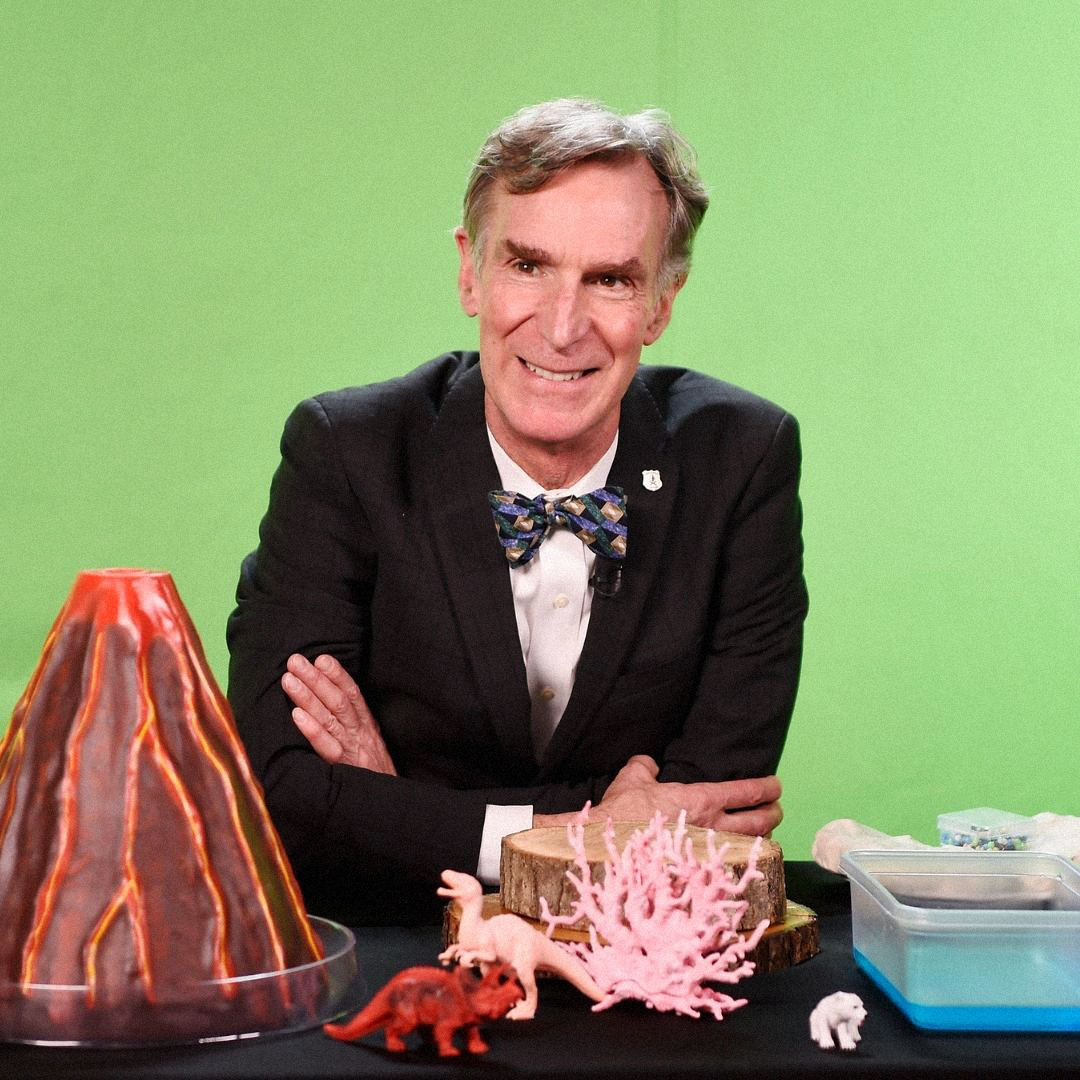
“Humans are a programmable species. Religions and ideologies are operating systems for societies.”
“They have been so throughout most of our history, and this idea that we can build society based on rational arguments is very, very recent and very novel. And it’s not entirely clear if it really works. But it’s clear that we cannot really build societies on conflicting ideologies that are at war with each other. In the past it has led to situations where the ideology solved the problems by killing the unbelievers or the religions did the same thing, and we all agree this is not what we want to have. We want to have an open society, a pluralistic society, a nonviolent, tolerant society, but still one where people work together and cooperate well. And this ability to wake up into a shared dream in which people believe things because their neighbors believe them has been a very powerful feature that’s probably the reason why we were able to build large-scale societies.”
“…the phrase eternal life was a very first century Jewish way of talking about living in harmony with the divine right now.”
“So eternal life wasn’t a kind of life that happens when you die. Eternal life was understood to be a certain quality of life that you’re experiencing right now where you’re in right relationship with the earth, with the environment, with each other, with yourself. That was considered eternal life. So I think we should start here. I think this is where the action is.”
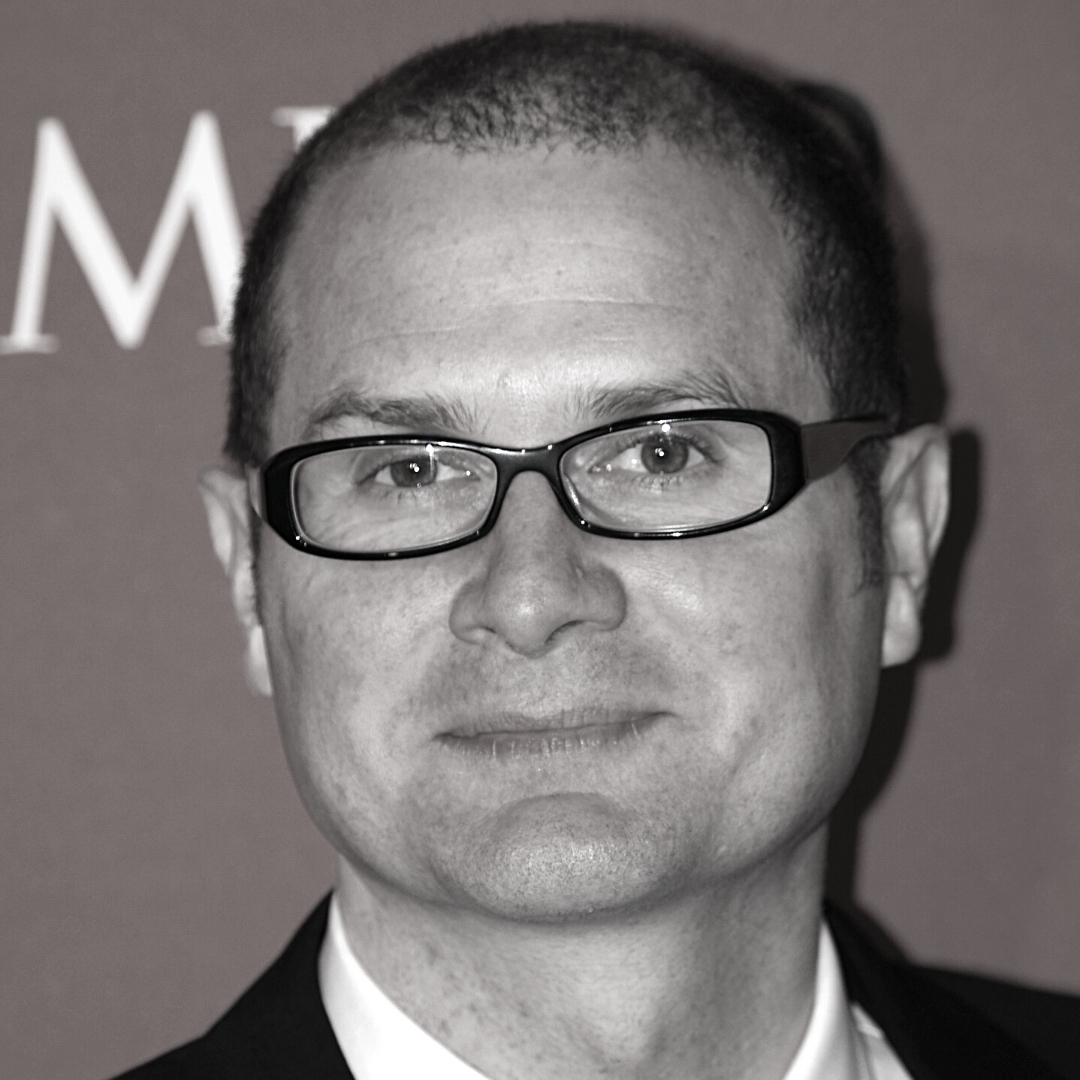
“Religion is the kind of the antithesis of teaching your children how to grieve. You tell your child that your grandma’s in heaven and there’s nothing to be sad about. That’s religion. It would be better to equip your child for the reality of this life, which is, death is a fact, and we don’t know what happens after death.”
— Sam Harris









